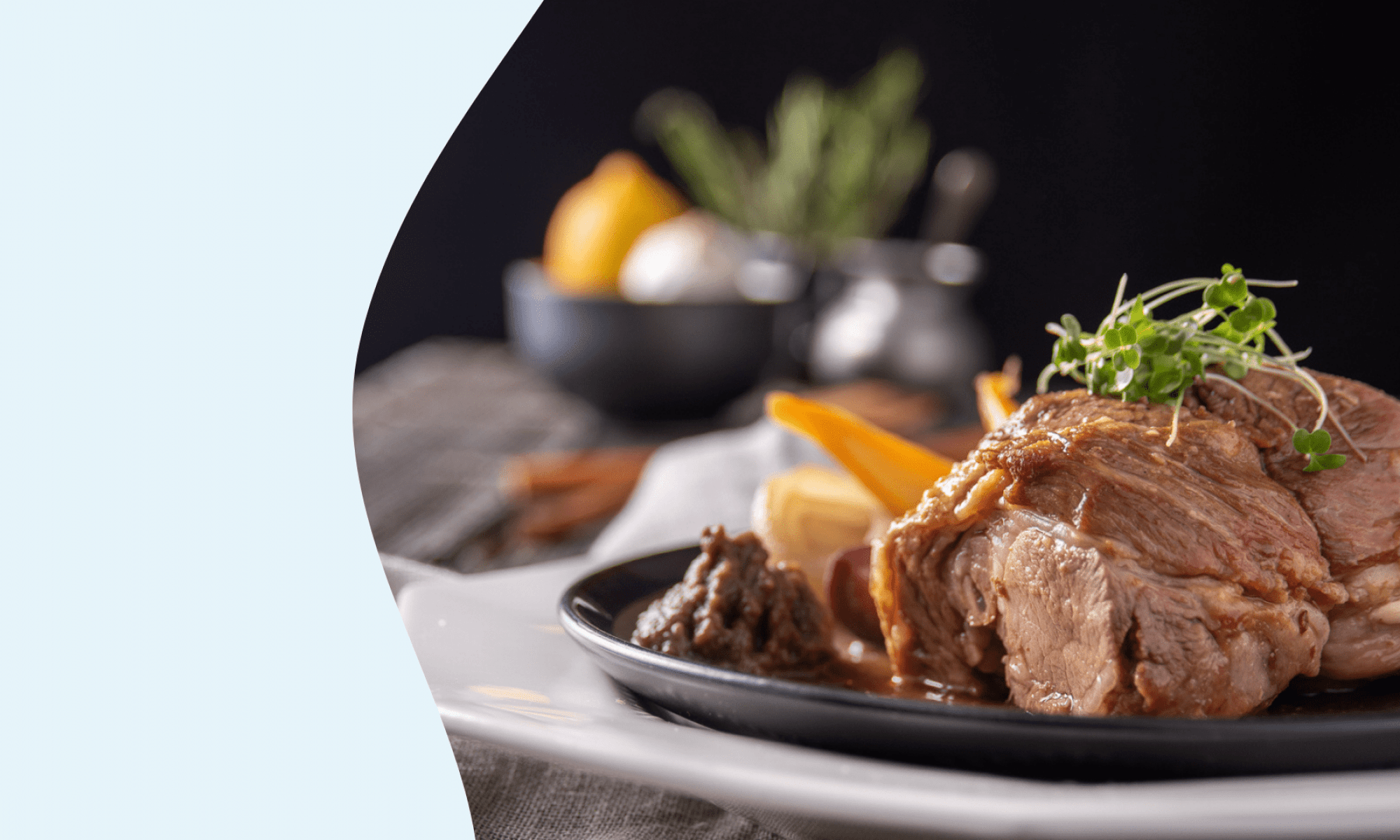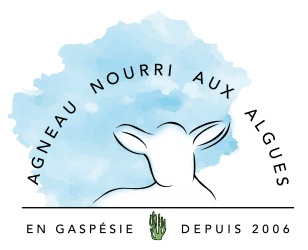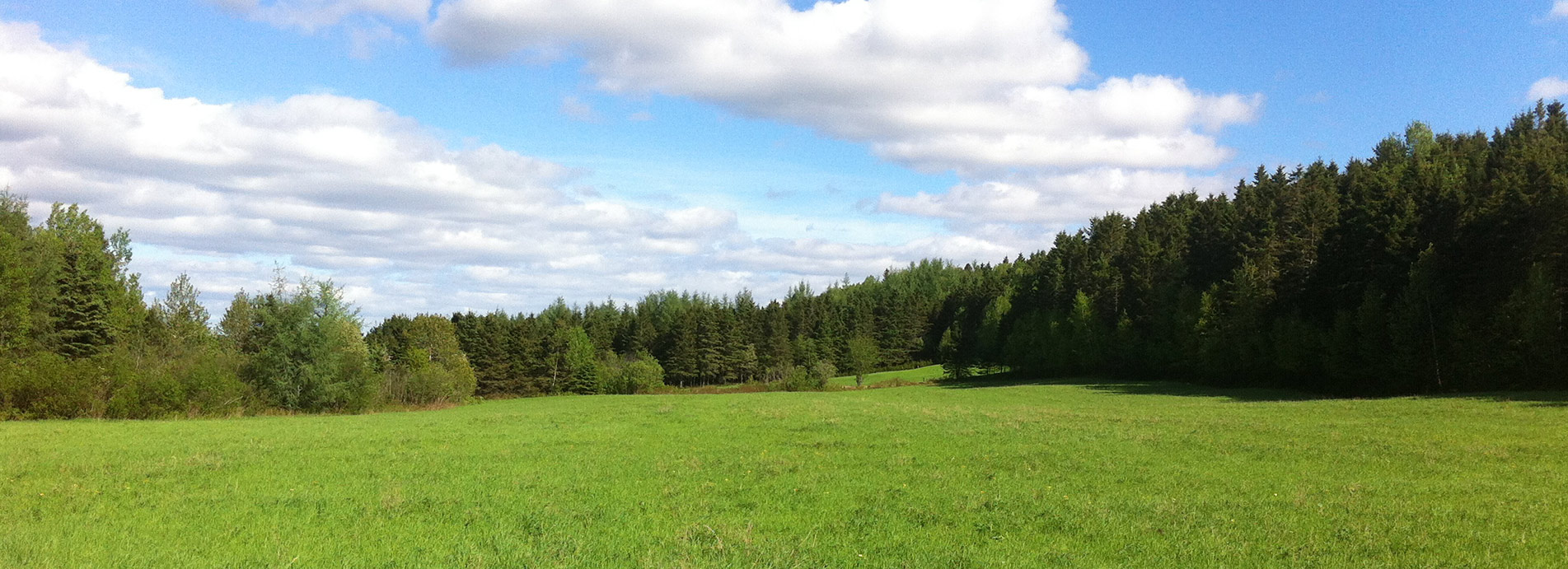For the environment, every small step counts! As stewards of the land, we take great care to nurture it to ensure the well-being of future generations. As entrepreneurs, we also have great concerns for our community. Whether through the point of origin of our products, or our rearing methods, we do our best to put the emphasis on the protection of nature in every aspect of the production of the Seaweed Fed Lamb.
Respect for biodiversity
As farmers, we are close to wildlife. Over the years, the Bergerie du Margot, became home to the threatened Western Swallows in Canada. It all began ten years ago with the first pair of swallows coming to nest in the sheep barn. About 15 couples come back every year to nest in the barns, and on the nearby house and other adjacent buildings. It is gratifying to see an endangered species flourish on our premises. The birds are also an effective addition to a natural control of insects.
OMG-free and growth hormone-free
The lambs’ diet is composed of healthy and natural foods produced in harmony with nature. Seaweeds are harvested by hand in Nova Scotia and all forage and grain is produced in Quebec. Encouraging local producers is a necessity, but more than that, Quebec-based products guarantee us the quality of our product and the respect for the environment.
Reduction in antibiotic use
Our specifications state that no antibiotics will be given to Seaweed Fed lambs. This certification criterion allows us to reduce the use of antibiotics in producers of Seaweed Fed Lambs via searches for alternative methods or through prevention. However, when a lamb is sick, it is our duty to act. Although antibiotics allows us to save human and animal lives, this certification criterion pushes us to find organic methods instead. Thus, a lamb receiving antibiotics is no longer considered to be Seaweed Fed Lamb, but a conventional Quebec lamb. This ensures that we can certify that the Seaweed Fed Lamb is a healthy and natural meat.
Management of the fields
Field management is the key to sustainable agriculture. Each barn has a field book recording the information of each plot around it. The record allows us to monitor the yields year after year, but most importantly, the compositions of the different soils to forecast our applications. At the farm, we value the manure we produce for use as a natural fertilizer thus meeting our goal to reduce the application of chemical fertilizers.
The land we use is a living organism, we must take care of it to the best of our abilities and give back as much in returns. All have the same vision: promote proactive practices based on respect for the environment. For the well-being of our animals, the land we use, but above all, to offer a product known for promoting methods in harmony with nature.


